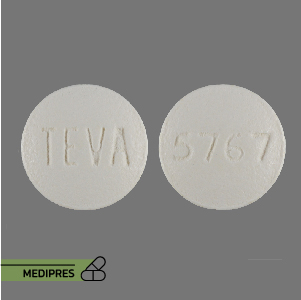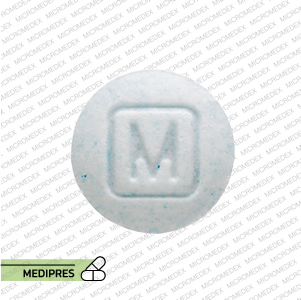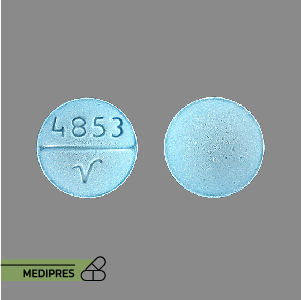
Octreotide
23 June, 2023
Olaparib
23 June, 2023Olanzapine
Generic name: Olanzapine
Drug class: Atypical antipsychotics
Dosage forms: Tablet, Disintegrating
Root of administration: Oral
Dose: Tablet:2.5, 5, 7.5, 10, 15, 20 mg. Disintegrating: 5, 10, 15, 20 mg.
Mechanism of action: Olanzapine is an antipsychotic medication that is used to treat psychotic conditions such as schizophrenia and bipolar disorder (manic depression) in adults and children at least 13 years old.
Drug usage cases: Olanzapine is also used together with fluoxetine (Prozac) to treat episodes of depression in adults and children at least 10 years old who have bipolar I disorder.
Drug contra indications: You should not take olanzapine if you are allergic to it. Olanzapine may increase the risk of death in older adults with dementia-related psychosis and is not approved for this use. Tell your doctor if you have ever had:
liver disease; heart disease, high or low blood pressure; high cholesterol or triglycerides; a stroke, including “mini-stroke”; breast cancer; a seizure; Alzheimer’s disease; diabetes or high blood sugar; an enlarged prostate; bowel problems; or narrow-angle glaucoma. The olanzapine orally disintegrating tablet (Zyprexa Zydis) may contain phenylalanine. Tell your doctor if you have phenylketonuria (PKU).
side effects: Get emergency medical help if you have signs of an allergic reaction: hives; difficult breathing; swelling of your face, lips, tongue, or throat. Seek medical treatment if you have a serious drug reaction that can affect many parts of your body. Symptoms may include: skin rash, fever, swollen glands, muscle aches, severe weakness, unusual bruising, or yellowing of your skin or eyes. High doses or long-term use of olanzapine can cause a serious movement disorder that may not be reversible. The longer you use olanzapine, the more likely you are to develop this disorder, especially if you are a woman or an older adult. Olanzapine may cause serious side effects. Call your doctor at once if you have: uncontrolled muscle movements in your face (chewing, lip smacking, frowning, tongue movement, blinking or eye movement); trouble speaking or swallowing; swelling in your hands or feet; confusion, unusual thoughts or behavior, hallucinations, or thoughts about hurting yourself; low white blood cell counts–fever, chills, mouth sores, skin sores, sore throat, cough, trouble breathing, feeling light-headed; or signs of dehydration–feeling very thirsty or hot, being unable to urinate, heavy sweating, or hot and dry skin; liver problems–upper stomach pain, itching, loss of appetite, dark urine, clay-colored stools, jaundice (yellowing of the skin or eyes); high blood sugar–increased thirst, increased urination, hunger, dry mouth, fruity breath odor, drowsiness, dry skin, blurred vision, weight loss; or severe nervous system reaction–very stiff (rigid) muscles, high fever, sweating, confusion, fast or uneven heartbeats, tremors, feeling like you might pass out.
Warnings: Olanzapine is not approved for use in older adults with dementia-related psychosis.
Use during pregnancy or breastfeeding: Taking antipsychotic medicine in the last 3 months of pregnancy may cause breathing problems, feeding problems, or withdrawal symptoms in the newborn. If you get pregnant, tell your doctor right away. Do not stop taking olanzapine without your doctor’s advice. Olanzapine can pass into breast milk. If you are breastfeeding, tell your doctor if you notice severe drowsiness, irritability, feeding problems, tremors, or unusual muscle movements in the nursing baby.



